The White House’s “My Brother’s Keeper” initiative is destroying the black male mentoring movement in America, decades-long work to save black boys.
Virtually all of the small, community-based agencies that comprise this substantial, historic effort to mentor black boys have been left out of the overall conversation, the planning and the funding essential to save black boys and to chart a new course for their continued survival.
Many of these groups provided mentoring for black boys long before President Barack Obama became president and they will be working to save black boys when he leaves the office.
The White House made a strange decision to allow the University of Chicago to be its lead academic partner in this mentoring initiative although no visible plan exists to increase that school’s dastardly low black male student population which has hovered at about two percent for the past 15 years.
The black males on campus at the University of Chicago have to deal with severe racial profiling from their own campus police and one black male student was even put in a choke-hold and “arrested for not properly using the library.”
Funding the elite, well-heeled university as the leadership organization for black male mentoring while ignoring grassroots organizations that have facilitated black male mentoring programs for decades guarantees that his initiative will fail.
I support President Obama on many things but I cannot support the “My Brother’s Keeper” initiative as operated in its first year. In fact, this initiative has given America the excuse to say, “We gave black men ‘My Brother’s Keeper.’” What else could black men possibly want?
Most insidious is the fact that corporations and foundations that once funded smaller entities that mentor black boys now direct those dollars to “My Brother’s Keeper,” essentially putting these effective, mostly black, agencies out of business.
Equally appalling is this initiative’s lack of grassroots leadership and the under-representation of black organizations and agencies. The failure to include these important stakeholders severely undermines the integrity of the initiative. Who are these people rushing to save young black men and where were they when there was no money to do this important work?
To those of us working long before “My Brother’s Keeper” came along, the motive remains to save the lives of our children and rebuild our communities, not money or contracts. Now black-led organizations are being systematically locked out by the White House from the process of mentoring black boys.
Fact sheets, press releases and photo-ops will not transform the state of black men in America. Yet these seem to be the initiative’s most-used tools. A recent study out of the University of Chicago, claimed there has been little to no progress for black men in America over the past 45 years. The National Assessment of Educational Progress recently reported that only 10 percent of eighth-grade black boys read at or above a proficient level and the Center for Labor Market Studies at Northeastern University reported unemployment rates for various age groups of young black men and teens are two, three and four times those of non-black age-related groups.
The murder statistics for young black men, and for black and Latino children in Chicago, are astounding and among some of the highest for any population in the world.
President Obama does not have to go far to see and understand the magnitude of the challenges, on all levels, faced by black men and boys. He can simply walk down the block on which he lives in Chicago to see the problem – and the solution. The question is: Will he?
Where are the “Brothers” in the “My Brother’s Keeper” initiative? “My Brother’s Keeper” can be a good thing for young black men, but just not in its current, shallow, iteration. Experienced stakeholders and grassroots leaders need to be a part of this initiative for it to succeed. And this initiative must succeed.
It is hypocritical for America to continue to fail/destroy black men and boys and still consider itself to be one of the greatest, most humanitarian countries in the world.
Phillip Jackson is founder and executive director of The Black Star Project based in Chicago. He may be reached at 773-285-9600 or blackstar1000@ameritech.net

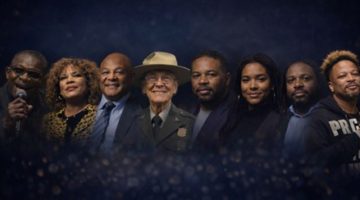

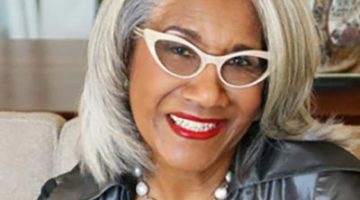
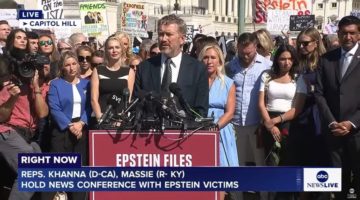
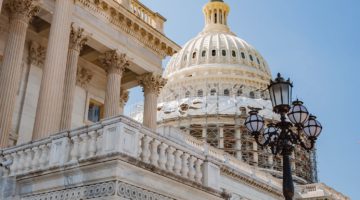


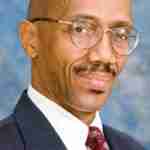

No Comment